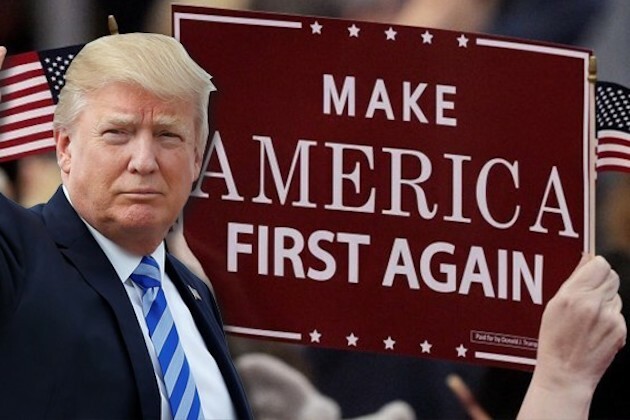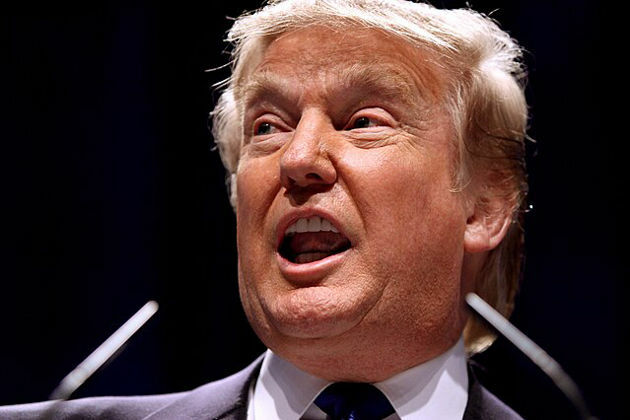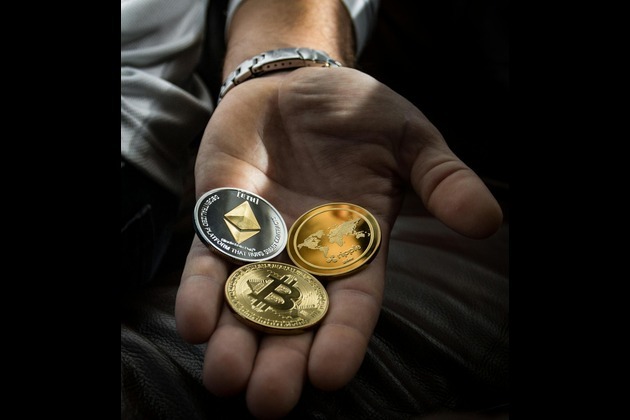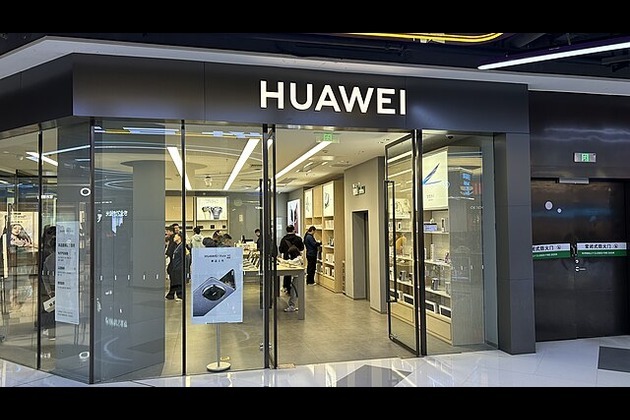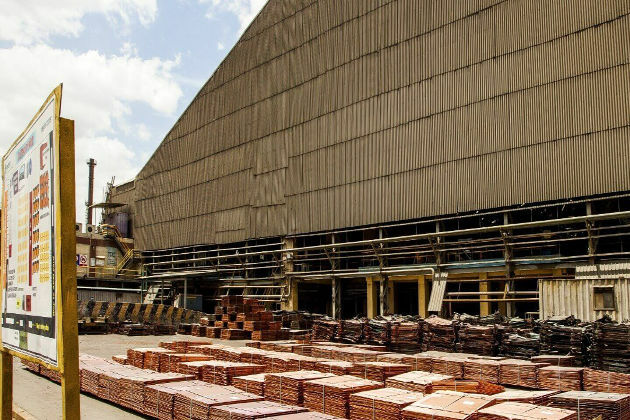What is manipulating the stock market?
7Newswire
06 Jan 2023, 16:51 GMT+10

Market manipulation refers to the act of artificially inflating or deflating the price of a security or otherwise influencing or manipulating the stock market behavior for personal gain. Tampering is illegal in most cases, but it can be difficult for regulators and other authorities to detect, as it has been in many cases.
Manipulation is also difficult for manipulators as the size and number of participants in the markets increases. For example, it is much easier to manipulate the price of shares of smaller companies, such as penny stocks, because they are not watched as closely by analysts and other market participants as the shares of large- and mid-cap companies. Manipulation is also called price manipulation, stock manipulation, and market manipulation.
Manipulation is usually difficult to detect, but it is also difficult for the manipulator as the size of the market and the number of participants increase OANDA review.
Two common types of stock manipulation are the "pump and dumb" and the "poop and scoop".
In the most regulated markets such as the stock and futures markets, manipulation is prohibited and prosecuted and can lead to legal consequences for the manipulators.
Currency manipulation is the deliberate devaluation of a nation's currency by a government.
Forms of manipulation in the market
Manipulation takes many forms in the markets. One way that people can lower the price of a security in the market is by placing hundreds of small orders at a price that is significantly lower than the asset's current price. This causes investors to get the impression that something is wrong in the market, so they sell and push prices even lower.
Ways of stock manipulation
These manipulation techniques with bogus orders are often combined with the spread of false information through online channels and other media regularly used by other researchers. The external barrage of bad information is combined with seemingly legitimate market signals to encourage traders to buy or sell in a market.
The technique known as "pump and dump" is the most commonly used manipulation to inflate the value of a small-cap stock artificially and then start selling hard, leaving investors who entered late thinking the Bull Run was going to continue stuck in the market. An overvalued stock. This form of manipulation is also used in other markets, such as cryptocurrencies. It is not uncommon for Bitcoin whales to momentarily raise the price of the cryptocurrency to attract buyers so that at a certain point they start selling and trap a large number of buyers who have to sell to avoid massive losses. In this way, the whales gain from the market crash and can buy BTC at lower prices.
The opposite of "pump and dump" is the method known as "poop and scoop", although it is less common. This form of manipulation is used less because it's harder to make a legitimately good company look worse than it is to make an unknown company look awesome.
In futures markets, manipulation is prohibited and prosecuted and can lead to legal consequences for the manipulators.
Currency manipulation is the deliberate devaluation of a nation's currency by a government.
Forms of manipulation in the market
Manipulation takes many forms in the markets. One way that people can lower the price of a security in the market is by placing hundreds of small orders at a price that is significantly lower than the asset's current price. This causes investors to get the impression that something is wrong in the market, so they sell and push prices even lower.
Forms of currency manipulation
Currency manipulation is a slightly different class of market manipulation in that only central banks and national governments can participate in it, and these are legal authorities themselves. Being the owner of a fiat (government-backed) currency legitimizes many of the actions these governments take to suppress or inflate the value of their currency compared to their peers. Although currency manipulation is not illegal, a country that is manipulating its currency can be accused by other nations or punished with sanctions approved by its trading partners.
In addition, international bodies such as the World Trade Organization (WTO) have been encouraged to play a greater role in addressing accusations of currency manipulation.
Devaluation is the way of manipulating a currency through the deliberate downward adjustment of the value of a country's currency relative to another currency, group of currencies, or monetary standard. The government that issues the currency decides to devalue its currency, and unlike depreciation, this loss in value is not the result of non-governmental activities.
One reason a country may devalue its currency is to reduce a trade imbalance. Devaluation lowers the cost of a country's exports, making them more competitive in the global market, which in turn increases the cost of imports, making domestic consumers less likely to buy them, and further strengthening companies' nationals. As exports increase and imports decrease, there is an improvement in the balance of payments by reducing trade deficits. That means that a country that devalues its currency can reduce its deficit due to strong demand for cheaper exports. Share
Share
 Tweet
Tweet
 Share
Share
 Flip
Flip
 Email
Email
Watch latest videos
Subscribe and Follow
Get a daily dose of Maryland Leader news through our daily email, its complimentary and keeps you fully up to date with world and business news as well.
News RELEASES
Publish news of your business, community or sports group, personnel appointments, major event and more by submitting a news release to Maryland Leader.
More InformationInternational
SectionSources: Meta won’t alter data model, faces fresh EU charges
BRUSSELS, Belgium: Meta is holding firm on its controversial pay-or-consent model, a move that could lead to fresh antitrust charges...
Trump’s tariff push could push US rates above 20%, ICC says
LONDON, U.K.: American consumers and businesses could soon face the highest overall tariff burden in more than a century, according...
U.S. Urged to Investigate After Israeli Settlers Beat Palestinian-American to Death
The family of Sayfollah Saif Musallet, a 20-year-old American citizen who was beaten to death by Israeli settlers in the occupied West...
New Hampshire federal court ruling defies Trump’s citizenship move
CONCORD, New Hampshire: A federal judge in New Hampshire issued a crucial ruling on July 10 against President Donald Trump's executive...
Houthis attack cargo ship in Red Sea, raising maritime safety fears
DUBAI, U.A.E.: A cargo ship flagged under Liberia, known as the Eternity C, sank in the Red Sea following an attack executed by Yemen's...
Trump administration restarts Ukraine arms deliveries
WASHINGTON, D.C.: The Trump administration has started sending some weapons to Ukraine again, just a week after the Pentagon told officials...
Business
SectionBitcoin soars to a record on Trump policies, institutional demand
NEW YORK CITY, New York: Bitcoin surged to a new all-time high this week, buoyed by growing institutional interest and a wave of pro-crypto...
Huawei eyes new buyers for AI chips amid U.S. export curbs
SHENZHEN, China: As global chip competition intensifies, Huawei Technologies is exploring new markets in the Middle East and Southeast...
U.S. food prices at risk as Brazil tariff hits key imports
LONDON/NEW YORK CITY: American grocery bills may be headed higher as coffee and orange juice prices face upward pressure from new tariffs...
WK Kellogg sold to Ferrero as food giants chase shelf power
BATTLE CREEK, Michigan: In a major consolidation of iconic food brands, WK Kellogg has agreed to be acquired by the owner of Ferrero...
Filmmaker joins biotech effort to bring back extinct giant bird
WASHINGTON, D.C.: Filmmaker Peter Jackson's lifelong fascination with the extinct giant New Zealand flightless bird called the moa...
India seeks WTO nod for retaliatory tariffs on US
NEW DELHI, India: India has submitted a revised proposal to the World Trade Organization (WTO) in Geneva to implement retaliatory tariffs...


